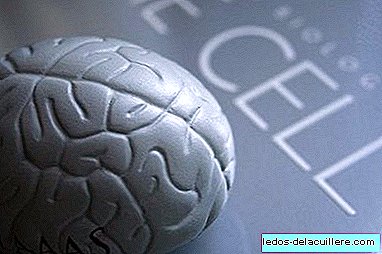
The intellectual quotient is a score resulting from one of the standardized tests designed to measure intelligence. It has been shown that the IQ values are related to factors such as the probability of suffering certain diseases, the social status of the parents, and in a relevant way, the IQ of the parents.
There is also increasing evidence that IC varies over time and may increase or decrease depending on our lifestyle. According to a study published in "Nature", conducted by the University College of London, IQ may increase or decrease during adolescence.
The study was carried out in 2004 with adolescents aged between 12 and 16 years, who were scanned with magnetic resonance brain structures and underwent intelligence tests. Four years later, by repeating the same tests, they detected that the IQ had varied in young people.
Changes in brain structure were observed, and IC increased in some cases and decreased in others (up to 20 points of difference). The authors point out that children's intelligence continues to develop and may even improve until much later.
According to the director of the study, it is possible that the differences are due to the early or late stimulation that the children had, although he also postulates that education can play a crucial role.
In the blog we have already seen that the first years of life are fundamental for learning since it is when there is a massive migration of cells to the cerebral cortex, increasing the storage capacity of information and increasing memory and the ability to learn.
Hence the importance of early stimulation, not having adequate environmental stimulation (together with certain brain lesions), can affect proper neuronal and psychological maturation.
Early stimulation has many benefits, and to them could be added, if proven, the fact that in adolescence the intellectual quotient increases. Of course, it is hardly verifiable, because I believe that this increase in capacity could be explained by reasons of very different nature.












